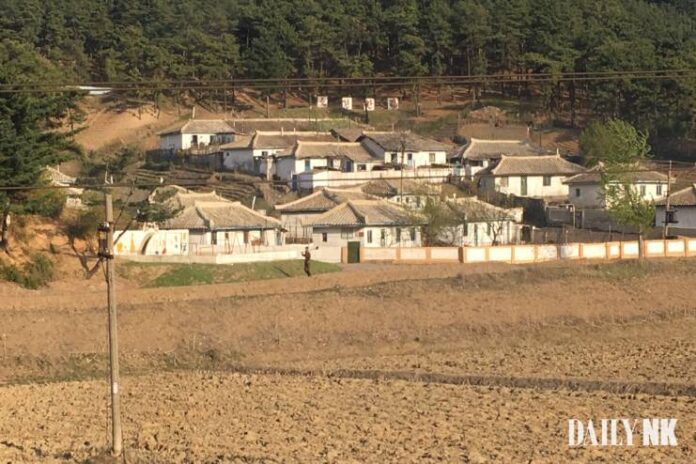Amid the spread of acute intestinal infections in South Hwanghae Province, waterborne illnesses are spreading through South Pyongan Province as well, Daily NK has learned.
A source in South Pyongan Province told Daily NK on Monday that many people are suffering from cholera and typhoid fever not just in South Hwanghae Province, but also Pyongwon, Sukchon, Mundok, Anju and other places along the Yellow Sea coast of South Pyongan Province.
“It’s not just South Hwanghae Province that’s suffering,” he said.
Prior to this, Rodong Sinmun reported that North Korean leader Kim Jong Un sent his own household medications to Haeju, South Hwanghae Province, following an outbreak of acute intestinal disease in the city.
However, the source told Daily NK that acute intestinal infections are spreading in regions other than the one mentioned in the paper.
“Acute intestinal infections” refer to typhoid, dysentery, cholera and several other diseases. All are waterborne diseases caused by ingesting contaminated food or water. North Korea suffers from poor tap water and sewage systems, which has led to the rampant spread of waterborne diseases in the past.
In fact, after a recent closed-door meeting of the Intelligence Committee, South Korean lawmaker Ha Tae-keung of the ruling People Power Party said that while COVID-19 outbreaks in North Korea began in late April, measles and waterborne diseases such as typhoid had already significantly spread in the country.
Meanwhile, Daily NK’s source said many of those who get sick suffer symptoms such as fever, loss of appetite, a slow pulse, diarrhea, and a rose-like rash on their lower back.
“The authorities said it was COVID-19 at first, but then they rediagnosed it as cholera and typhoid,” he said.
The symptoms described by the source are typical of typhoid fever. In the case of cholera, patients suffer diarrhea and vomiting, but fever occurs only in rare cases. This being the case, it appears many residents of South Pyongan Province are suffering from typhoid.
However, North Korean authorities have taken no particular measures to deal with the situation. Moreover, locals are helpless because they are unable to purchase medications.
The source said neither markets nor pharmacies have medicines, and preventative vaccinations are not an option due to lack of vaccines.
“District doctors are simply going around stressing the need for strict personal sanitation,” he said.
Unable to import medications due to its border closure to prevent the spread of COVID-19, North Korea is suffering from a shortage of medications. Donation drives by the leadership to hand over their own household drugs to ordinary people have been aimed at alleviating the shortage; however, many North Koreans criticize these efforts as a mere stopgap.
The source said many infections were caused by drinking contaminated water, and that outbreaks would continue “if the fundamental problem remained unresolved.”
North Korea’s hot and humid summer rainy season is further promoting the spread of waterborne diseases, which suggests that infectious diseases could spread to other regions.
Translated by David Black. Edited by Robert Lauler.
Please direct any comments or questions about this article to dailynkenglish@uni-media.net.


















